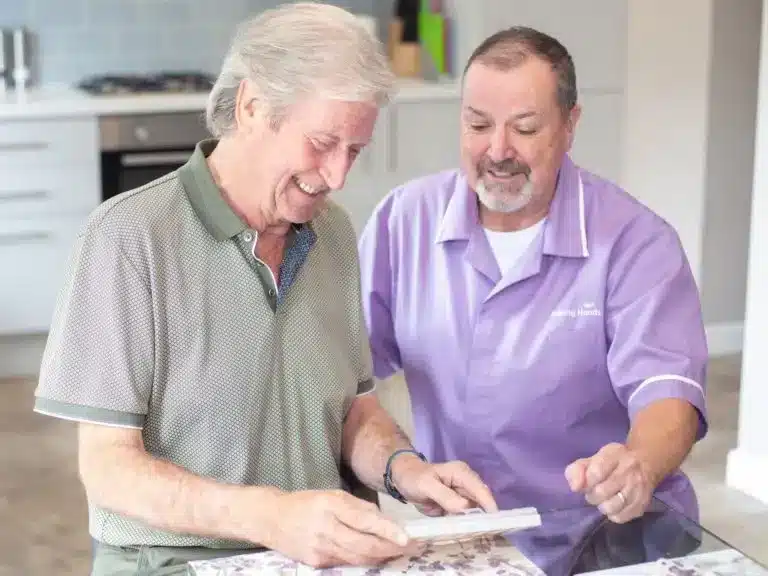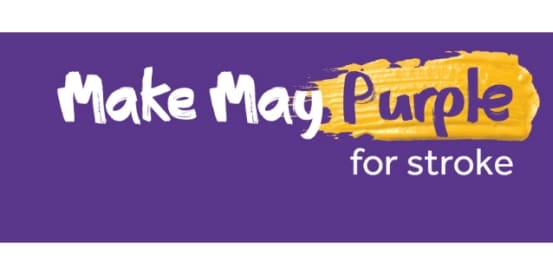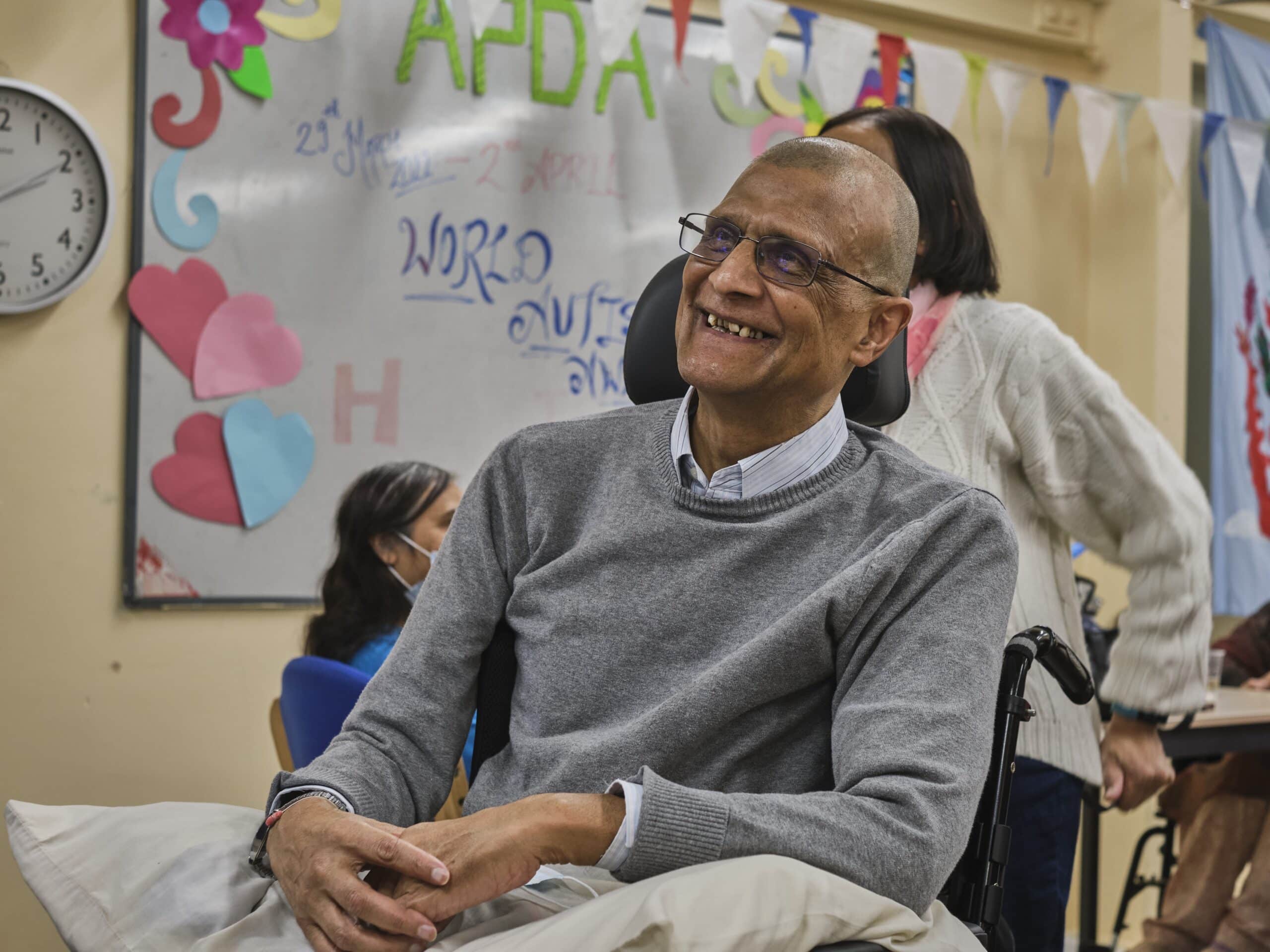How to Raise Awareness for ‘Make May Purple’
What Is 'Make May Purple'?
‘Make May Purple’ is a campaign created and run by the Stroke Association for use during the annual month of stroke awareness in May. The Stroke Association focuses on raising awareness of stroke, the signs of a stroke, and how to react if you think someone is having a stroke. While the ‘Make May Purple’ campaign is still active, the Stroke Association now focusses on “raising awareness of issues related to stroke research and recovery.” When you’ve had a stroke, the effects can be mild or severe, depending on a person’s preexisting health, age, and other factors. Sometimes, there is no known risk factor present that explains why someone has a stroke, though. After a stroke, you may need additional support at home to assist your rehabilitation or to help you adjust to a new way of life, and that’s where Helping Hands’ skilled and compassionate carers come in. And because our visiting, respite, and live-in care services are all fully regulated by the Care Quality Commission and the Care Inspectorate Wales, you and your loved ones will always be confident in the quality of our care delivery.

Why Is Stroke Awareness Growing?
Stroke awareness is growing mainly because of increased campaigning by charities and organisations. The public now understands more about stroke and the signs to look out for, which has helped people to receive medical attention quicker. Thanks to campaigns such as the UK’s ‘Act FAST’, more people than ever have seen TV and social media adverts or heard radio commercials telling them what signs to look out for and what to do if they suspect someone is having a stroke.
How To Spot a Stroke
The key to surviving a stroke or recovering well from one is how quickly help can be obtained. There are different signs to look out for when someone is experiencing a stroke, and these can be best described using the FAST acronym:
FACE
Facial Weakness – Can the person smile? Has their mouth or eye drooped?
ARMS
Arm Weakness – Can the person raise both arms?
SPEECH
Speech Problems – Can the person speak clearly and understand what you say?
TIME
Time to call 999 – Stroke is a medical emergency
What I Can Do to Help Raise Awareness
Everyone can do their bit to raise stroke awareness. Telling others about the campaigns that charities and organisations have launched is vital, as is sharing information on social media accounts if you’re digitally inclined. Volunteering with a charity is another great way to benefit a cause, as is wearing the merchandise as a conversation starter. Most causes sell badges, wristbands, and t-shirts, and may even give them away for free if you help with an event. If you’re able to, pledging to raise a certain amount of money for a good cause, such as stroke charities, can also help others to learn more about the charity, or donating a sum to someone else who is raising money can also benefit awareness.

How Quickly Can Stroke Care Be Arranged?
Stroke care can be arranged quickly, as we understand how vital it can be to help facilitate your discharge from hospital and get you back into the comforting surroundings of your precious home. We would have a chat with you or a family member/trusted friend to assess your needs and see how we could help you, and we would do this as quickly as we can after your call so that the care you agree to can start as soon as possible. In exceptional circumstances, we have been able to begin care in 24 hours, but we would have to work closely with you and your local care team to see if this is something that we could do. We design everyone’s care packages personally and have never believed in ‘one size fits all’, and the same applies for the after-stroke care that we deliver.
Expert Stroke Care from Helping Hands
Helping Hands offer person-centred stroke care at home from a company with decades of experience. We’re considered the home care experts because we’ve been caring for people in the place they love best – their own home – since we were established in 1989. Whether you’re living with the effects of stroke, or Transient Ischemic Attack (TIA), your life will be different afterwards, and our visiting and live-in care can help you to manage your daily life once again. We’ve helped individuals and families across England and Wales to live as well as possible after a stroke/TIA, and where rehabilitation is necessary, we have helped with that, too. Receiving support at home, in the place you feel most comfortable, confident, and independent, can really help your recovery progress. Because our stroke aftercare is designed to your individual requirements, it can really help you get back to your old self as soon as possible.
